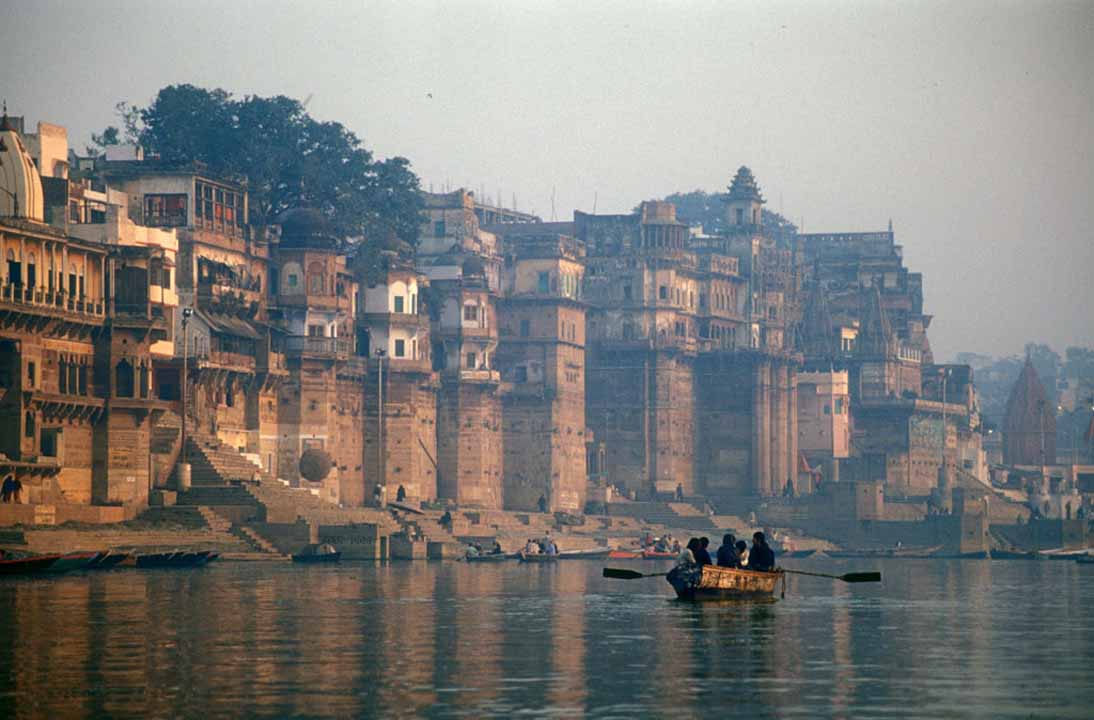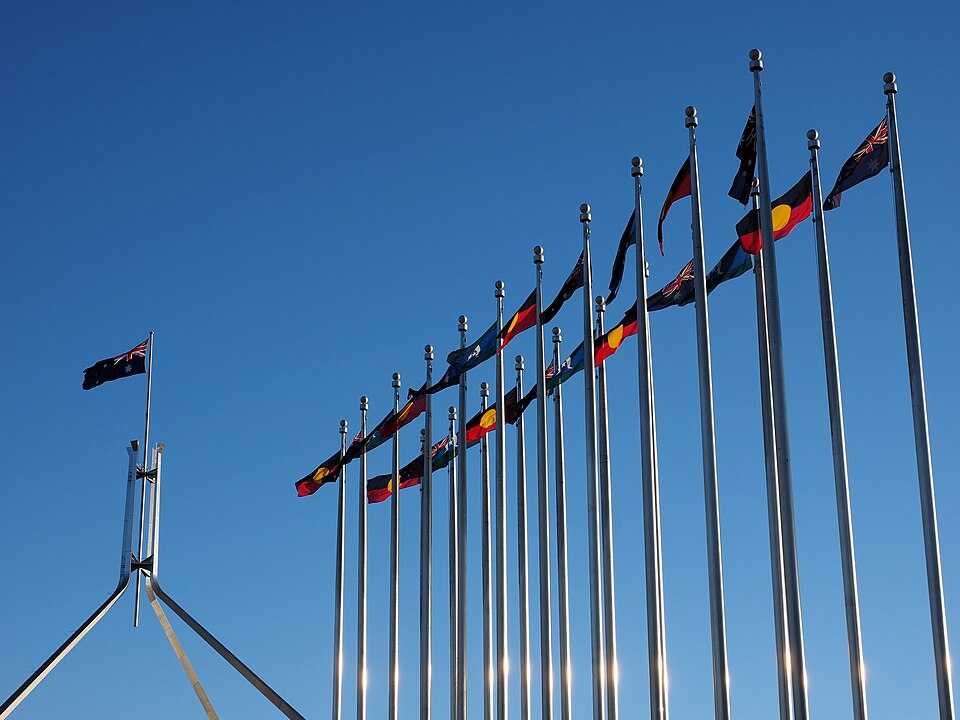Sara Duterte’s visit to Australia marks a bold attempt to internationalise her father’s legal battle with the ICC, using diaspora diplomacy to challenge human rights mechanisms. Her campaign raises serious questions about how states like Australia should respond when populist leaders seek to undermine international legal norms from foreign soil.
In a near two-hour speech before a crowd of supporters in Melbourne, embattled Philippine Vice President Sara Duterte (herein Sara) called on the Filipino community to “convince” the Australian government to “look into the case” of her father, former President Rodrigo Duterte, before the International Criminal Court (ICC). During the rally, Sara publicly urged supporters to lobby the Australian government—a party to the Rome Statute. Mr Duterte is currently detained at The Hague for alleged crimes against humanity, perpetrated in the context of his bloody “War on Drugs.”
Sara has seemingly embarked on a “global sympathy tour,” albeit tagged as a personal trip, to muster support for her father. At home, she fights off an impeachment trial, one which may plunge the Philippines into a constitutional crisis.
The Duterte family is mobilising political resources and capital amid a crisis, with a strategy focused on building transnational support networks among loyal supporters to defend their violent legacy and deflect legal accountability. Australia is a critical stop in Sara’s roadshow. It was the first country explicitly named in news reports as a potential host for Mr Duterte as his defence team requests an interim release. Australia was her first stop after the defence made its request, prompting her to publicly deny that any formal approach had been made.
Since Mr Duterte’s arrest in March, Sara has addressed overseas Filipinos in Qatar, Malaysia, and the Netherlands. There are key stakes that lie beyond Philippine domestic politics in every overseas trip she makes. In every visit, she stokes deeply emotional—and often inflammatory—appeals that challenge attitudes towards the rule of law. These may cause concern for public order, as Duterte supporters are known to be fiercely loyal, even engaging in politically trolling the ICC. Public assemblies organised around the trips have caused issues in other countries, resulting in investigations being made by host countries or the refusal of local institutions to associate with the pro-Duterte activities.
Sara alluded to attempts at reaching out to Foreign Minister Penny Wong. She appealed for the fair application of rules to her father. These statements fit a pattern of invoking due process rhetoric when convenient, yet lacking genuine attempt at engaging official channels. For example, she called ICC lawyers “stupid” in attempts to undermine the investigation’s credibility, mirroring her father’s hostile attitude when he was in power. Filipino human rights defenders based in Australia have publicly condemned her visit as polarising. Domestic politics have deeply divided Filipinos back home.
The visit drew prominent attention given Australia’s active role in the multilateral human rights system and adoption of a sanctions regime targeting rights violators. In urging migrant Filipinos to support her family, Sara’s speech brings to focus to an autocratic tendency in challenging human rights mechanisms. It also raises the question of whether states like Australia will be willing to act on political rhetoric from high-profile figures who undermine international norms and human rights. Observers also noted that Mr Duterte previously provoked tensions with Australia. He threatened to cut diplomatic ties in 2016 after criticism of his remarks about the rape and murder of an Australian missionary, and later ordered the deportation of Australian citizen Patricia Fox for opposing the War on Drugs.
Australian officials have declined to engage Sara’s speech. Even so, her visit has roped Australia into the Dutertes’ impunity saga. The Dutertes’ recorded backlash against international legal norms—such as the former president’s withdrawal from the ICC, threatens to do the same with the UN Human Rights Council. Now, Sara’s public hostility towards the ICC prosecutor confronts the rules-based order that the Philippines and Australia commit to. Uncertainty in the international order affects Australia’s strategy on security, diplomacy, and international law, especially in light of recent strengthening of ties with the Philippines on security cooperation.
Days after the visit, the ICC publicised the OTP’s opposition to Mr Duterte’s request for interim release. The OTP opposed the interim release due to flight risk. Sara’s political influence and vast network exacerbates the risk, and may help facilitate Mr Duterte’s evasion of justice.
So far, Sara Duterte has made risky political moves: violent election rhetoric, assassination plots, attacking her impeachment, and evasion of congressional hearings. If she emerges unscathed, she could remain the frontrunner for the 2028 presidential race. The presidency would give her control over foreign policy. For states like Australia, ostensibly committed to the integrity of a rules-based international order, this raises questions about how they will respond to those who challenge international norms through provocative foreign engagements. This is not just about the ICC’s legitimacy or the Philippines’ politics—it is about whether international norms can withstand pressure from leaders who openly defy them.
Ruby Rosselle “Ross” Tugade is a PhD Law student in the Faculty of Law & Justice, UNSW Sydney, an associate of Australia Human Rights Institute UNSW and editor of Feminist Legal Studies.
This article is published under a Creative Commons License and may be republished with attribution.




